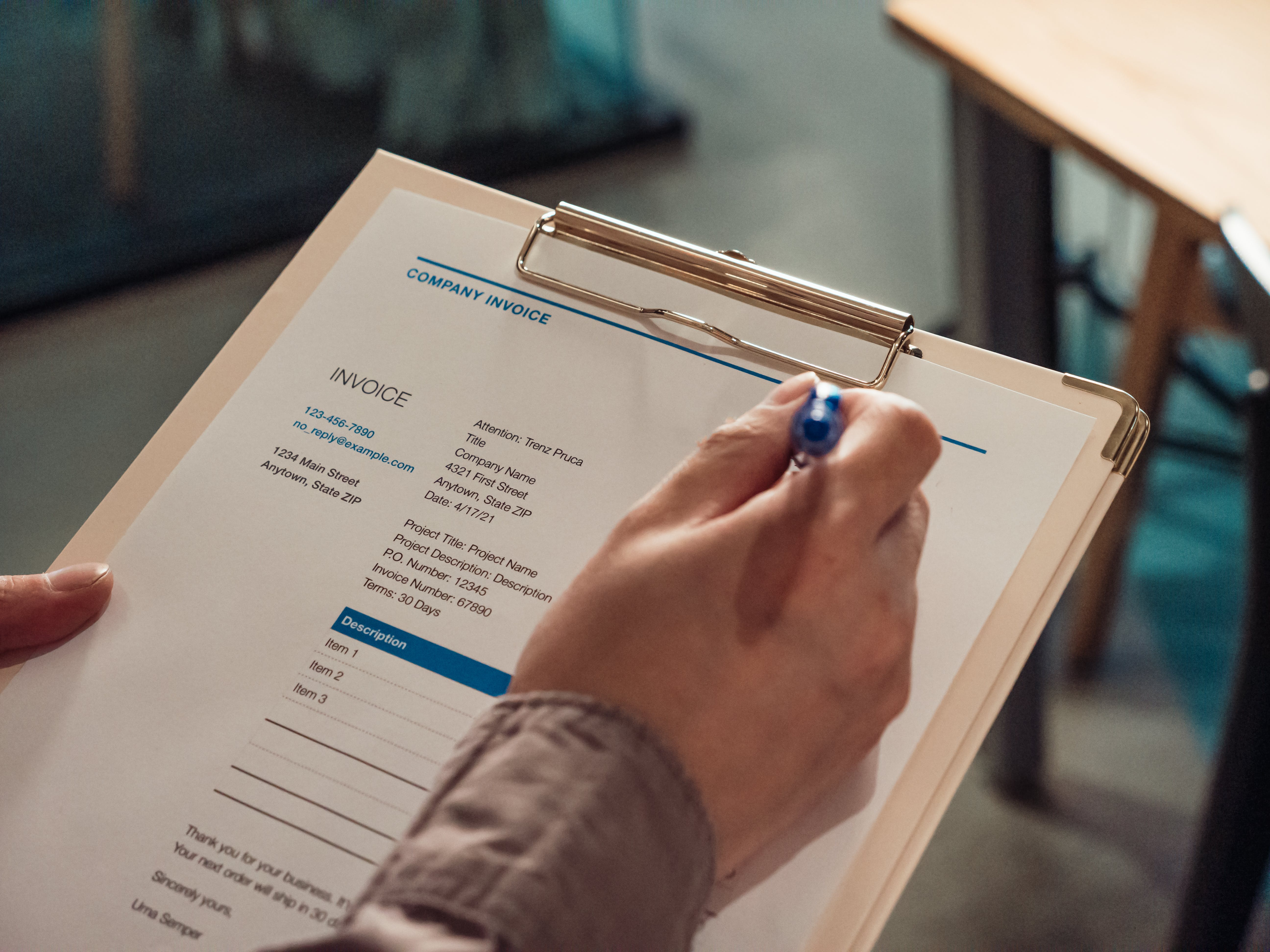Getting Paid for Supplying Goods and Services to Music Festivals.

Whether it's a vendor, backline provider or performance artist it’s essential they receive agreed payment from festival organisers. With an increasingly financially fragile sector the issue of timely payment is becoming a hot topic. What steps can be taken to ensure that payment will be received for goods and services supplied?
Catering vendors, stage suppliers, backline suppliers and performance artists all agree to attend a music festival in return for payment of their services and terms are always agreed up front. There are a variety payment options employed by festival organisers primarily to help spread any financial liability and improve their own cash flow. Whatever terms are agreed it is essential that suppliers conduct their own due diligence on a festival organisation so that payment terms reflect any potential risk of non-payment.
Financial Status Checks.
It is relatively straightforward to check the financial status of a festival organiser by looking at their entry with Companies House (or similar government run company registration system usually available in any country). It can take some detective work to establish the responsible directors and trail of holding companies often involved in running a festival. Check that their accounts are up to date and that there are no anomalies. It may also be worth considering doing a credit check with a third-party company which can reveal the financial health of an organisation and likelihood of any possible payment issues.
Contracts and Payment Terms.
Every supplier will likely be given a standard contract by the festival organisers but the payment terms will always favour them. Check carefully what the payment terms state and negotiate to gain favourable terms which may include penalties for late payment for example.
Proforma Invoices and Deposits.
If there is any perceived risk identified by suppliers it is not unusual to demand a percentage of any agreed fee be paid as an upfront deposit, the higher the risk the higher the percentage. In some cases where the supplier has not previously worked with a festival organiser it may be prudent to insist on a proforma invoice where 100% of the agreed fee is paid up front.
Payment Processes.
The terms of payment will also include the payment methodology or preferred system and both parties should agree on how money is to be transferred. With the availability of numerous payment gateways, direct bank transfers and credit cards this can potentially cause issues if there is a mismatch in payment processing. Suppliers should remain vigilant in monitoring payment so that any missed payment date can be raised immediately with organisers.
Building Business Relationships.
Both festival organisers and suppliers should aim for a mutually beneficial relationship which is advantageous to both parties in the long term. Disagreements about payment terms and late payment will inevitably impact on this relationship. The supplier needs to understand the cash flow challenges faced by most festival organisers and in turn they need to understand the same issues faced by the numerous small businesses that supply the music festival industry.
For festival organisers planning their events using a software management platform like Festival Pro gives them all the functionality they need manage every aspect of their event logistics. The guys who are responsible for this software have been in the front line of event management for many years and the features are built from that experience and are performance artists themselves. The Festival Pro platform is easy to use and has comprehensive features with specific modules for managing artists, contractors, venues/stages, vendors, volunteers, sponsors, guestlists, ticketing, cashless payments and contactless ordering.
Image by Kindel Media via Pexels
<< Back to articles
Contact us
Get in touch to discuss your requirements.
US: +1 424 485 0220 (USA)
UK: +44 207 060 2666 (United Kingdom)
AU: +61 (2) 8357 0793 (Australia)
NZ: +64 (0)9887 8005 (New Zealand)